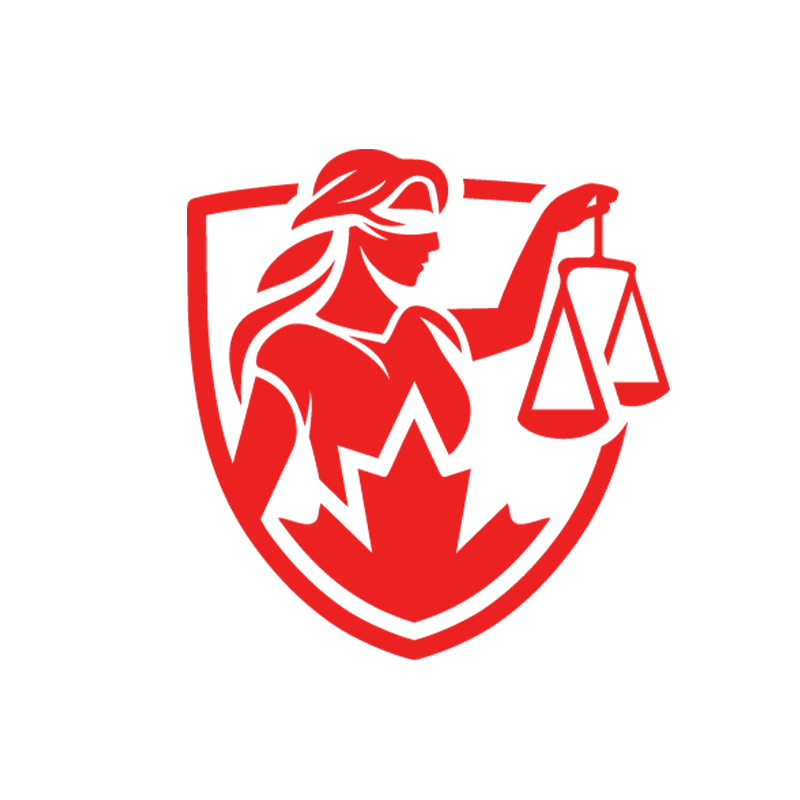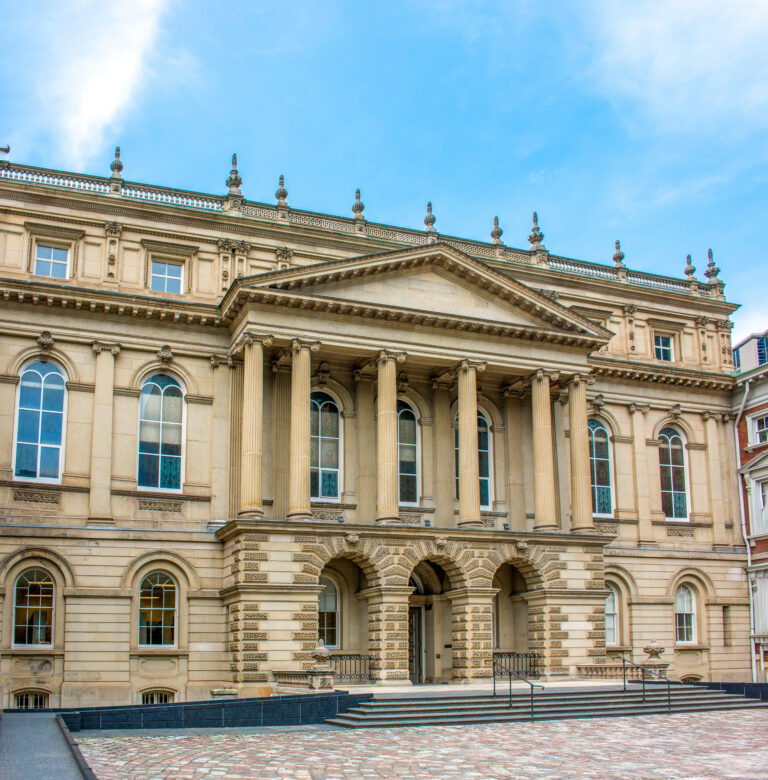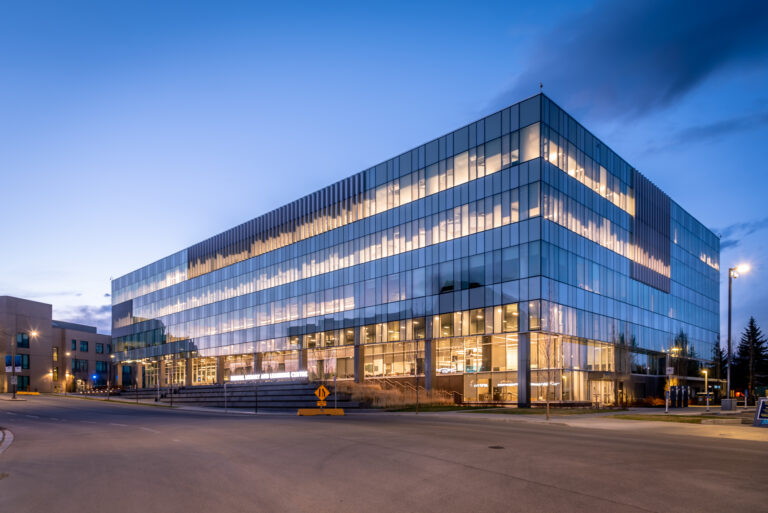TORONTO: The Justice Centre for Constitutional Freedoms (JCCF.ca) will be in court in Toronto on Wednesday January 24, on behalf of three student clubs at Ryerson University, the University of Ontario Institute of Technology and Durham College, and the University of Toronto Mississauga, who are challenging the decisions of their respective student unions to deny club status on the basis of the groups’ opinions.
Justice Centre staff lawyer Marty Moore will be at Osgoode Hall, 120 Queen Street W, Toronto. This hearing will begin Wednesday at 10:00 a.m., and is open to the public.
In each of these three court applications, the students seek a declaration that the decision to deny recognition of their club on irrelevant grounds violated the student unions’ own rules, and the rules of natural justice. In each case, the students argue that their student union’s decision was made in bad faith, and in violation of the students’ freedom of expression and freedom of association.
The applicants include the Ryerson’s Men’s Issues Awareness Society (MIAS), a student group that was denied club recognition by the Ryerson Students’ Union. MIAS was established in 2015 by students at Ryerson “to host discussions and bring social awareness to issues that disproportionately affect men and boys, such as higher rates of suicide, homelessness, workplace injuries and failure in school.” Nearly half of MIAS’ members are women. In 2015, MIAS submitted its application to RSU for recognition as a student group. RSU told MIAS that there was no need for a men’s issues group, and that other groups like the Women and Trans Collective were already addressing many of the issues MIAS sought to focus on. Further, RSU claimed that men have “systemic privilege,” and that a group focused on men’s issues would “harass” women and make them feel “unsafe”. On October 27, 2015, MIAS was informed that its application for club status had been rejected.
Another applicant, UTM Students for Life, is suing the University of Toronto Mississauga Students’ Union (UTMSU) after it refused to renew the club status of UTM Students for Life for the 2015-16 year, effectively barring the student group from using the student centre and accessing student union resources. As a result, in September of 2015, Students for Life could not join other campus clubs in setting up a table during clubs’ week—a key event for recruiting new members. UTMSU had granted club status to Students for Life in the 2014-15 school year but changed its mind specifically because of Students for Life’s “stance on abortion”.
The third applicant, Speak for the Weak, is challenging the 2015 refusal of the Student Association of Durham College and University of Ontario Institute of Technology to grant club recognition due to Speak for the Weak’s stance on abortion. The Student Association claims that allowing a pro-life club on campus would constitute “systemic societal oppression” and would violate “human rights”. The Student Association further claims that only clubs which support abortion are “equity-seeking” and therefore allowed on campus.
“Student unions are violating their own policies, constitutions and bylaws when violating the fundamental freedoms of students, who have no choice when it comes to paying student union dues,” stated Justice Centre president John Carpay.
“The Court has an opportunity to stop this dangerous precedent, namely, the coerced adoption of select ideological viewpoints as a prerequisite for students to benefit from fair and equal treatment by their student unions on public university campuses,” continued Carpay.








